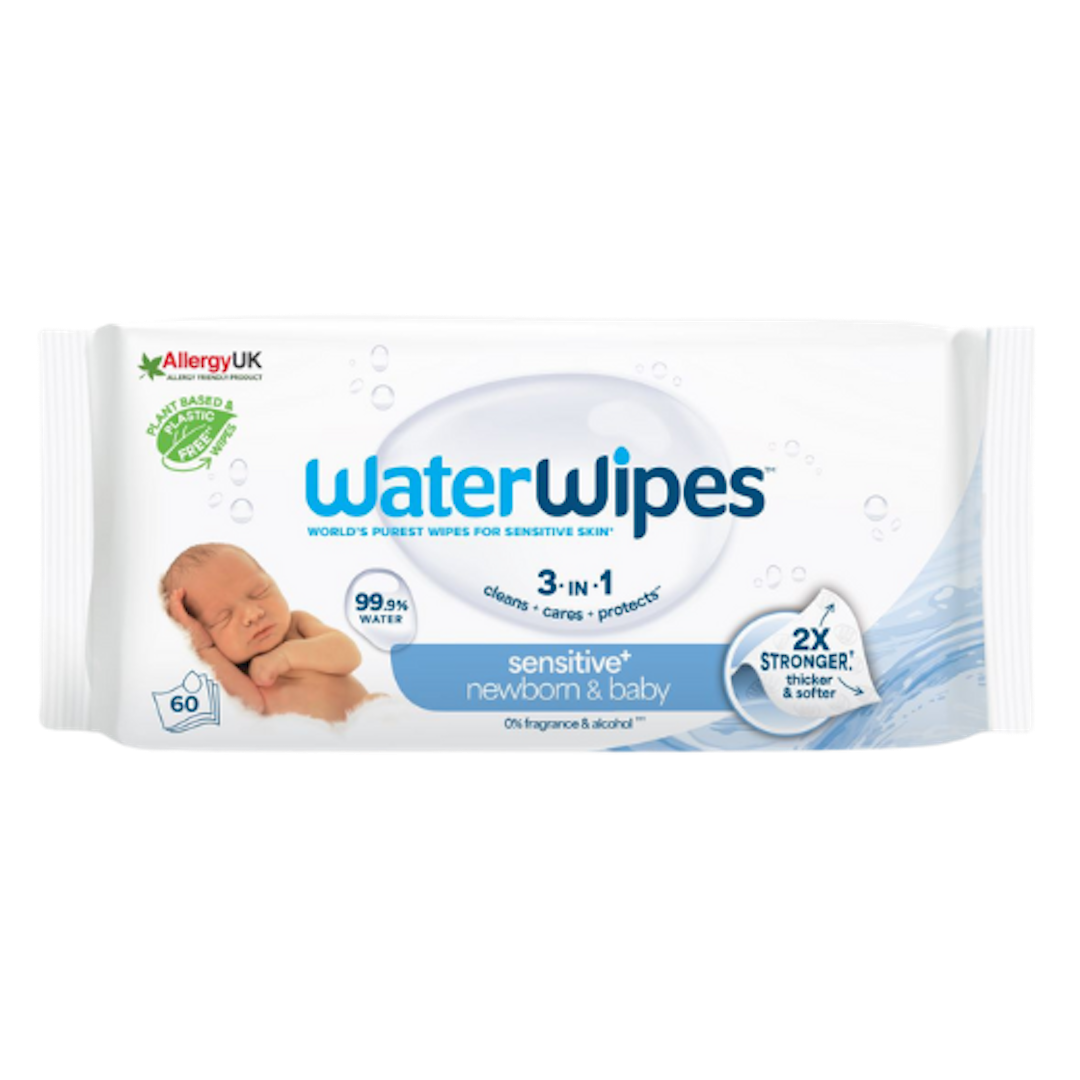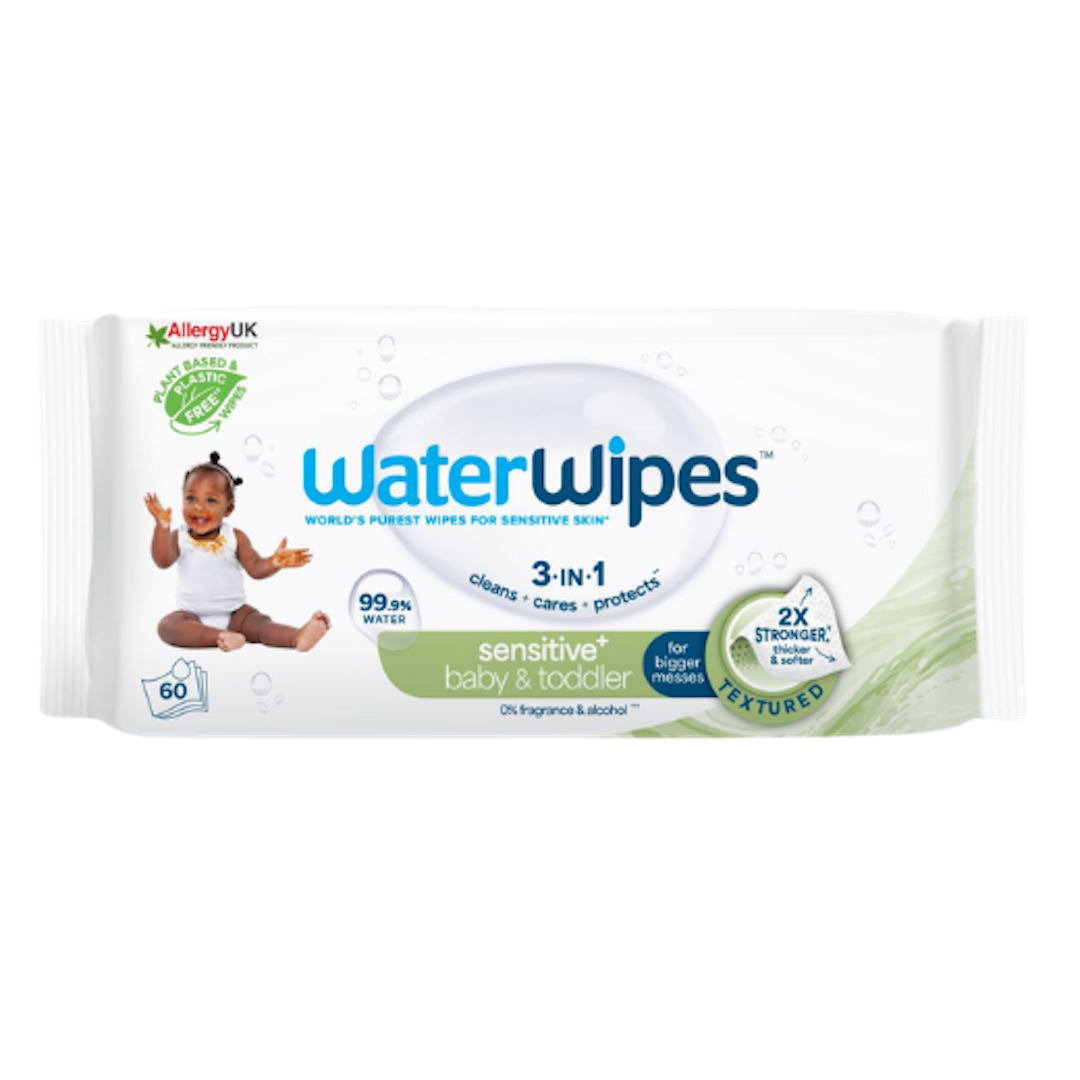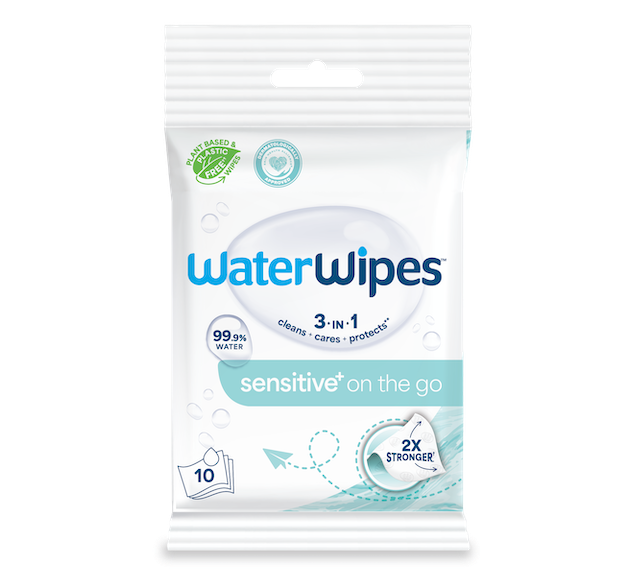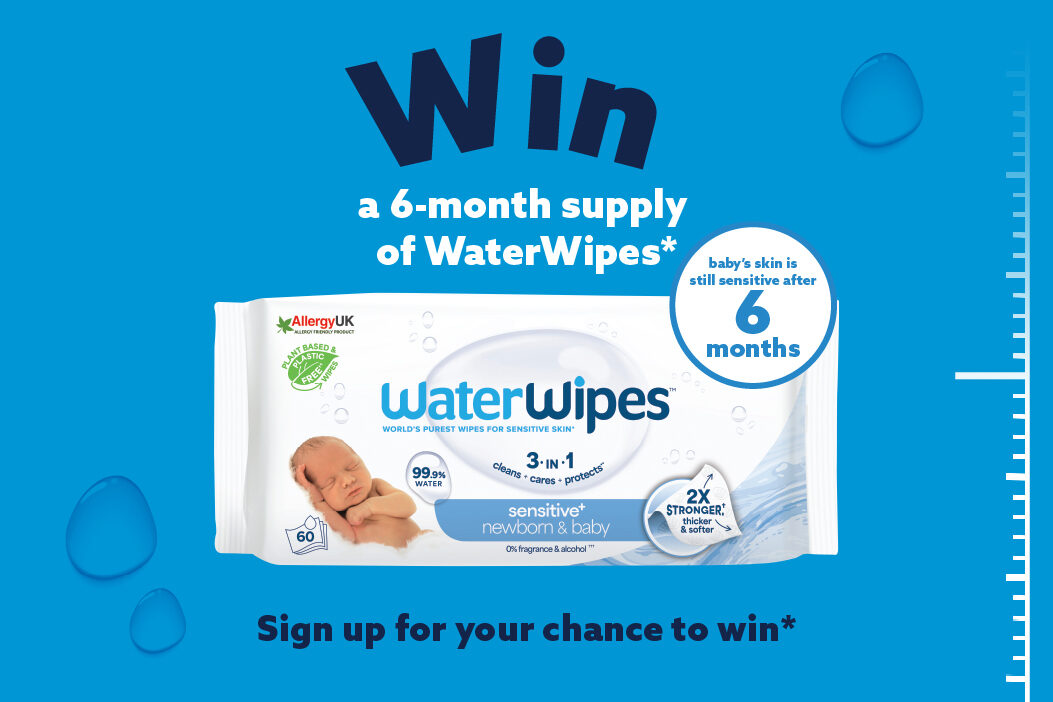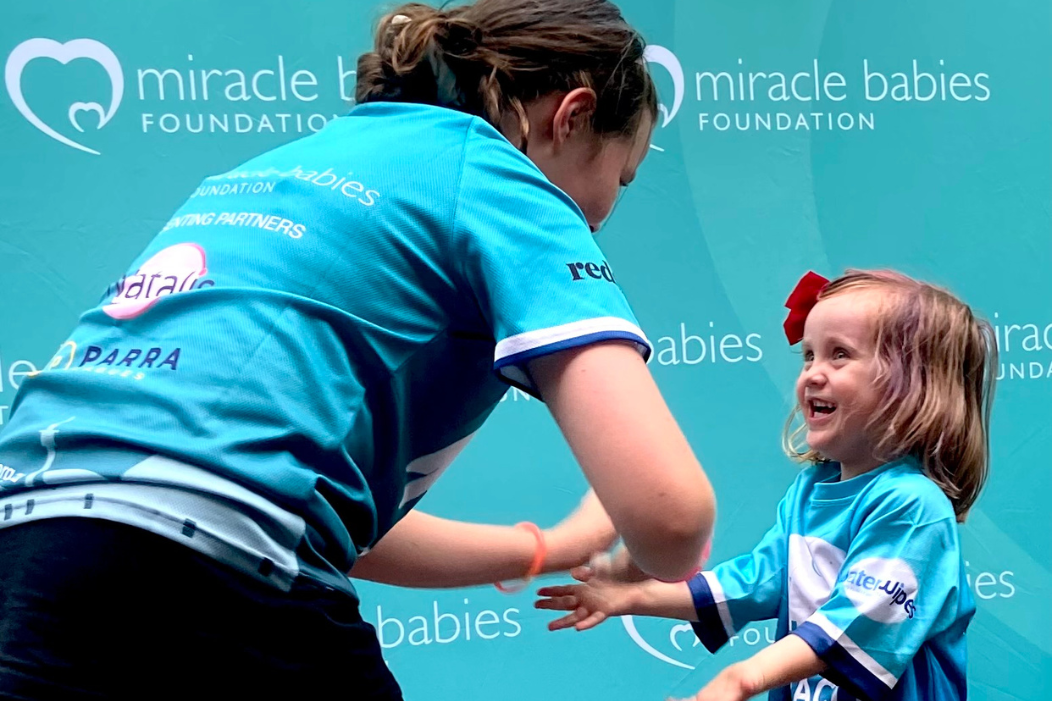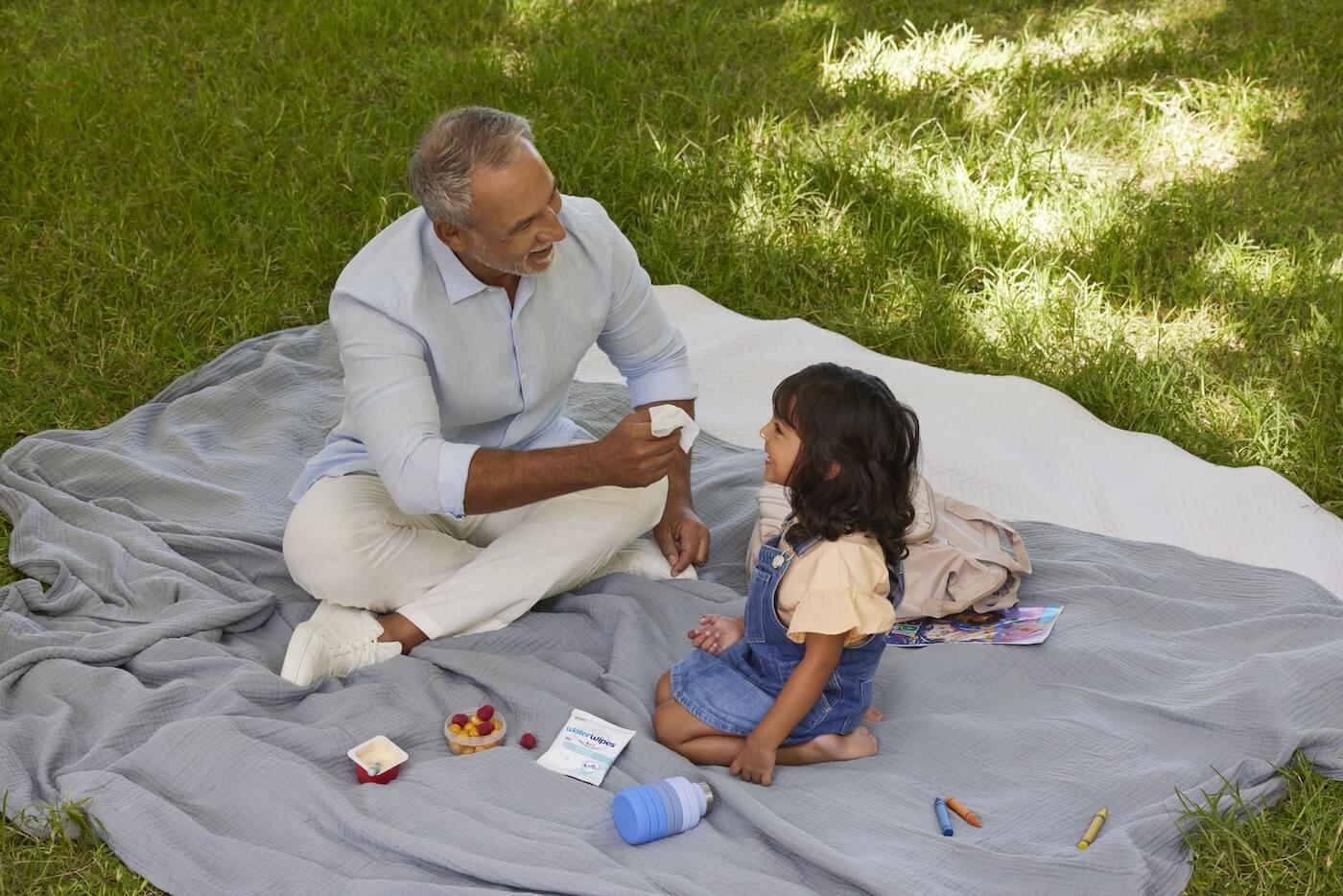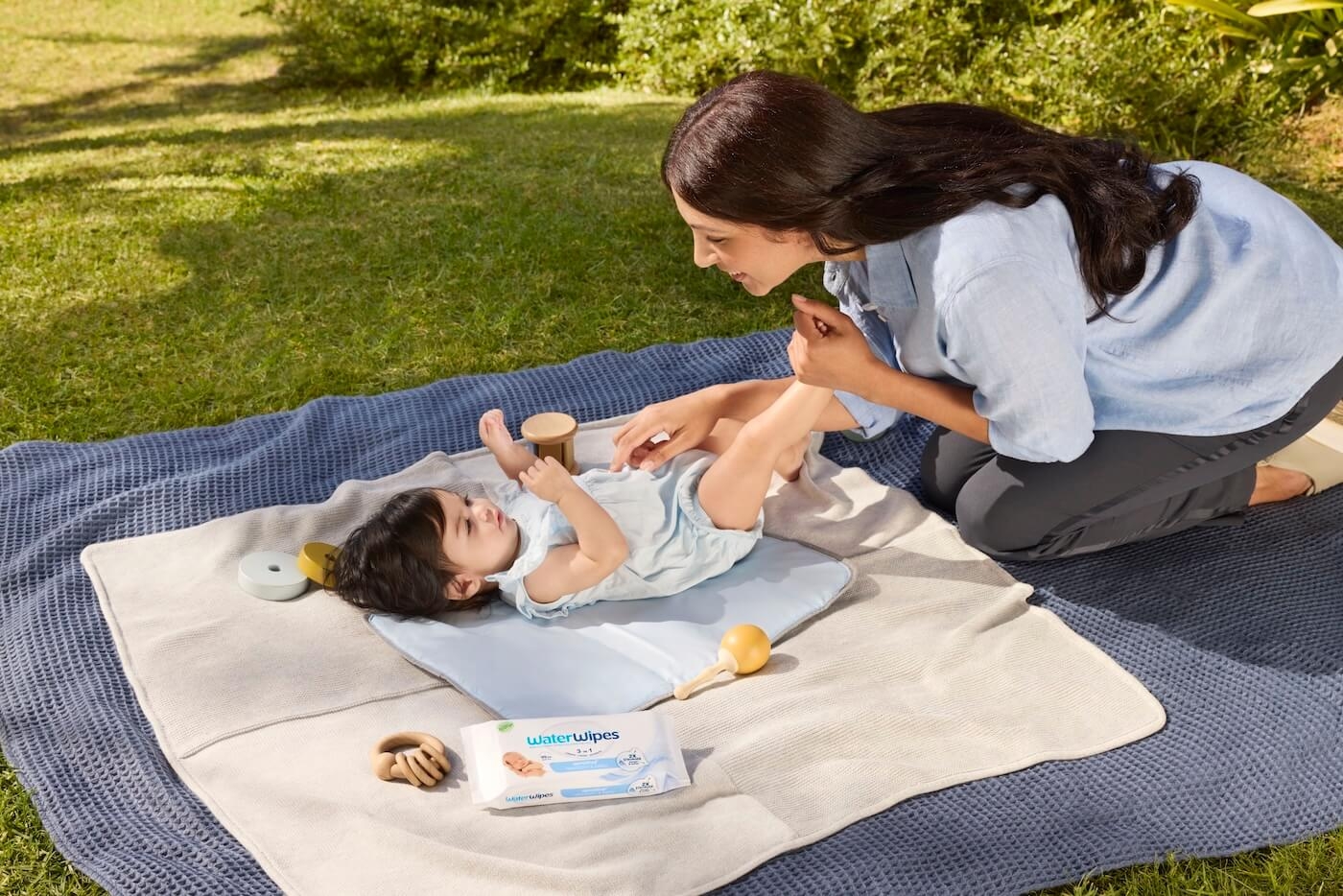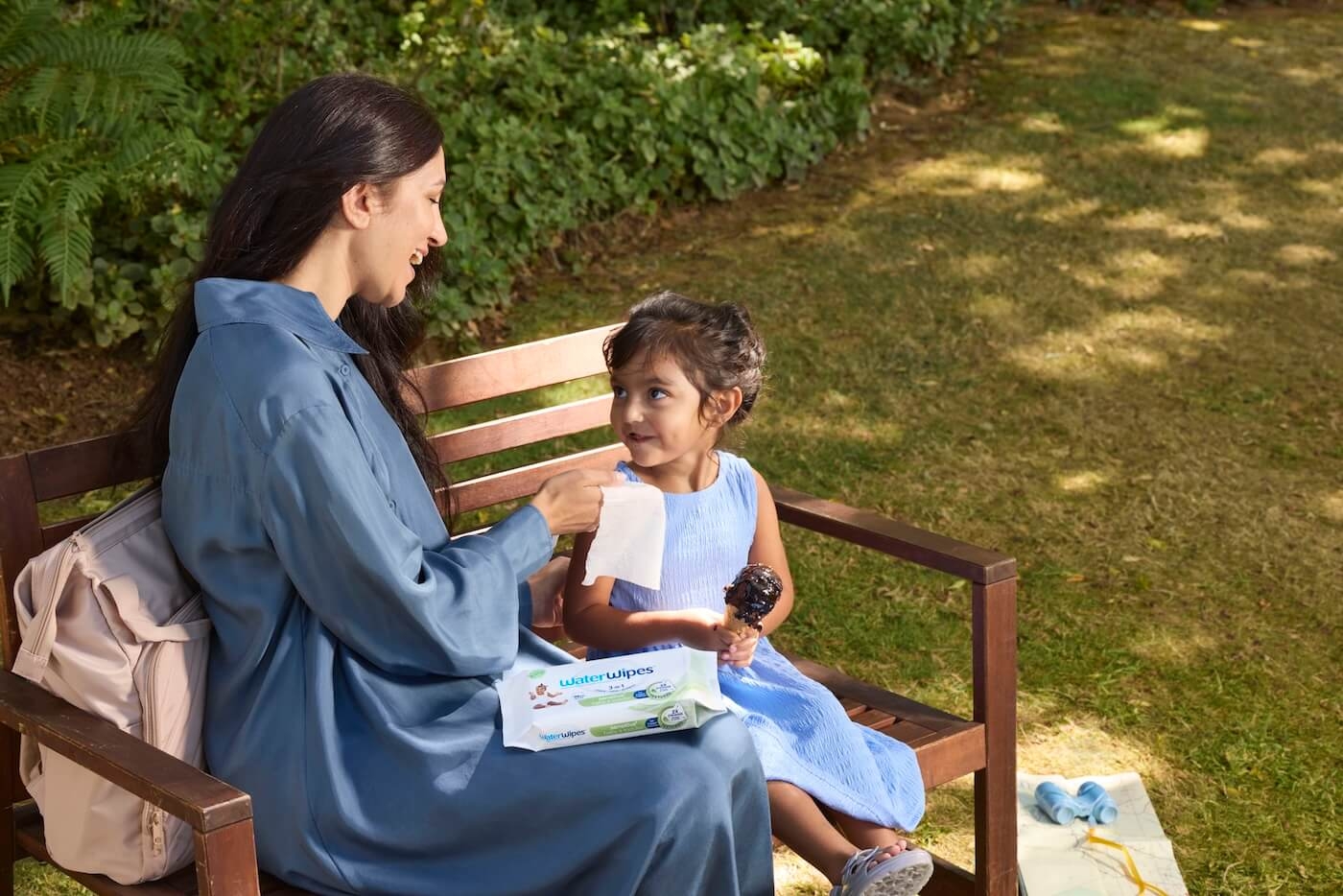Select your region
-
Europe
-
Americas
-
Africa and Middle East
-
Asia Pacific
bonding with baby: what it is, why it's important and how to bond with your baby
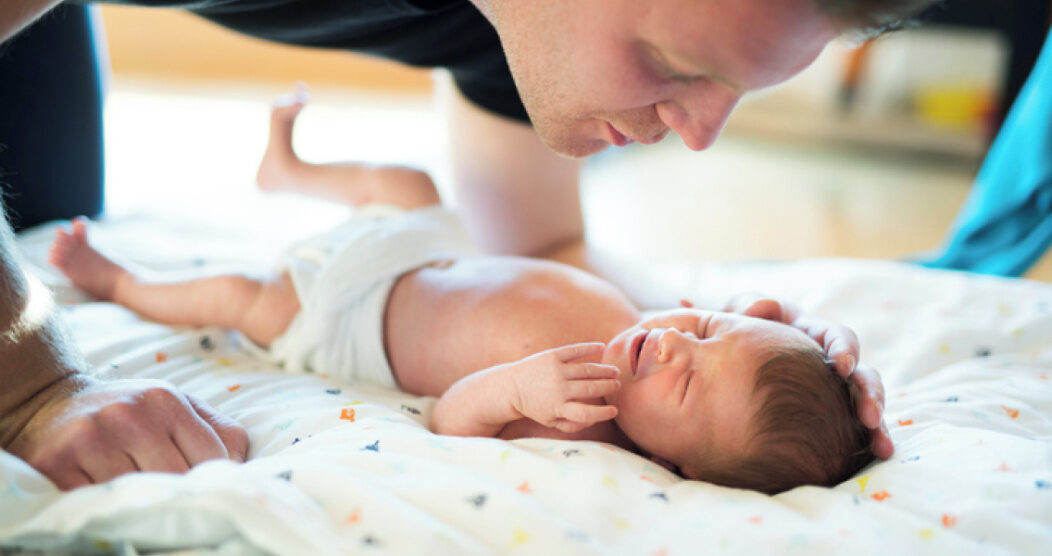
If you’re a mom to be, you may have read or heard a lot about bonding with baby before, at and after the birth and you might consequently be feeling a little nervous. Or you might be a mom already and still wondering how to bond with baby.
Here, we’ve put together a simple guide to bonding and attachment, beginning with what bonding is. We also asked five WaterWipes moms to share their own baby bonding tips and experiences and, as you’ll see, it was different for everyone, from instant affection to no fireworks whatsoever (but having a successful family dynamic all the same). We explain...
- 1. What is baby bonding?
- 2. Why is bonding with your baby important?
- 3. How to bond with baby
1. What is baby bonding?
Bonding is the strong attachment that forms between moms and their baby. It helps you get up (often repeatedly) in the night to answer their cries and makes you want to protect them from harm. Some moms feel this unconditional love instantly, for others bonding with baby takes a few days, weeks or months to kick in. Some moms never feel “maternal” at all but still do an unbeatable job of caring for their little one. Bonding is different for everyone.
2. Why is bonding with your baby important?
Your relationship with your baby is the first one they will experience, and bonding helps make that relationship a positive one. Showing love and affection towards your baby and working to keep them out of harm’s way will help them develop a sense of security and even boost their self-esteem. (There have been scientific studies).
3. How to bond with baby – tips from real moms
We asked five WaterWipes moms to share their baby bonding memories and also any tips they picked up along the way to help you bond with baby.
Lots of cuddles and affection
“I didn’t get the instant bonding ‘pang’ – for want of a better word – that others seem to get,” says Marie. “The birth, while straightforward, was long and tiring, so when they gave me Joshua for the first time, instead of thinking ‘Aw!’ it was ‘Gosh, I could murder a cup of coffee!’ Over the next few days and weeks though, after the aches and pains had subsided, and aided by lots and lots of cuddles, something seemed to kick in – that’s the only way I can describe it – and now I’m in love.”
Baby body language
“After everything I’d read about bonding at birth, I was expecting fireworks when Angela was born,” says Margot, “but all I actually felt was relief (that she was here safely) and apprehension; would I be up to the job of looking after this helpless, tiny human? The baby years weren’t my favorite if I’m honest. I thought I should know what to do, but I hadn’t a clue, so I just did what a friend in the same boat suggested, and that was talking, reading and singing to her whenever I could. This made Angela feel less like a stranger to me and I could see from her baby body language that she was enjoying it too. Six years on, and I still haven’t felt any fireworks per se, but I do enjoy our time together immeasurably.”
Skin-to-skin contact for baby bonding
“On my birth plan, I asked that – providing everything went relatively smoothly – I'd be given my baby to hold immediately. I’d read that skin-to-skin contact really helps with bonding after birth and it definitely did for me,” says Ella. “From the moment they placed her in my arms, the pure love I felt was overwhelming and that feeling just gets stronger every day.”
For more information on the benefits of skin-to-skin contact between mothers and babies, read our article Skin-To-Skin: Newborns and the First Few Months.
For helpful advice on birth plans, see our simple steps to writing a birth plan.
Try and see eye to eye – literally - to help bond with your baby
“I’d read about mutual gaze, and how it helps with bonding and attachment, while pregnant, so was eager to try it once Sophie was born,” says Kathrine. “I didn’t go out of my way to do anything special, I just made sure to look her in the eye while holding her or changing her. When her eyes locked on to mine for the first time, my heart just jumped – and it continues to jump every time she does it. She’s my world.”
Don’t stress – you can’t force bonding with baby
“I did all the baby bonding stuff suggested in the books, but it just didn’t feel natural to me, and to this day – my two are six and eight now – still doesn’t. I try not to worry, though, as I know another mom with teenagers who also wouldn’t describe herself as maternal. But she has the most amazing relationship with her kids. They look up to her, they tell her their problems, it’s wonderful to see. Her advice to me was don’t force the bond, so I haven’t been. I think emotional attachment comes in different forms and while mine isn’t the all-singing, all-dancing kind, we’re a very happy house.”
The truth is, there’s no one tip (or dark art for that matter) to achieving the perfect bonding experience – because it doesn’t exist. Every mother/baby relationship is unique. As with everything in baby’s first year, the key is not to worry unduly. As demonstrated above, there are some moms who instantly feel an unbreakable bond, but there are lots of others for whom it takes a while, and others still who feel they never quite get there – and all of these situations are perfectly okay. As long as you’re doing your best to keep baby healthy and happy, then you’re doing everything right.
We hope this helps you feel better about bonding with baby, wherever you’re at.
Dad-to-be? Read our dad and baby bonding articlefor tips and truths from fellow fathers.
Or for more reassurance on looking after a newborn, see our articles on the Parenting Community:

